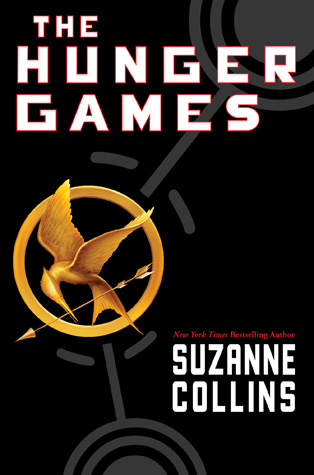Title: A Gripping Dystopian Thriller: "The Hunger Games" by Suzanne Collins
Suzanne Collins' "The Hunger Games" is a riveting and thought-provoking entry into the dystopian genre that captured the imagination of readers upon its release in 2008. This first installment in the trilogy introduces readers to a dark and complex world, where survival becomes a brutal and televised spectacle.
The novel is set in the post-apocalyptic nation of Panem, where the Capitol exercises control over twelve districts through the annual Hunger Games. As punishment for a past rebellion, each district must offer up two "tributes," a boy and a girl, to participate in a televised fight to the death. The story follows Katniss Everdeen, a resourceful young woman from District 12, who volunteers to take her sister's place in the Hunger Games.
One of the novel's strengths lies in its intense and immersive narrative. Collins' prose is fast-paced and gripping, allowing readers to feel the urgency and tension of the Hunger Games. The survival elements, the strategic thinking of the characters, and the unpredictable challenges they face contribute to a narrative that is both thrilling and emotionally charged.
The character of Katniss Everdeen is a compelling and relatable protagonist. Her strength, resourcefulness, and internal conflicts make her a multidimensional character, and readers are drawn into her struggle for survival and resistance against the oppressive Capitol. The supporting characters, particularly Peeta Mellark and Haymitch Abernathy, add depth to the narrative and contribute to the complexity of the relationships in the story.
The social commentary woven into the narrative is a notable aspect of "The Hunger Games." Collins critiques the voyeuristic nature of reality television, the desensitization to violence, and the exploitation of power. The stark divide between the opulent Capitol and the impoverished districts serves as a metaphor for social inequality and the consequences of unchecked authority.
The world-building in "The Hunger Games" is vivid and imaginative. Each district has its own distinct characteristics, and the arena where the Hunger Games take place is a dynamic and unpredictable landscape. Collins creates a world that feels both futuristic and eerily plausible, inviting readers to contemplate the fragility of societal structures and the potential consequences of unchecked political power.
While the novel is an engaging and intense read, some readers may find the violence and the concept of children being forced to fight to the death disturbing. The brutality of the Hunger Games is an integral part of the story's commentary on power and oppression, but it may not be suitable for all audiences.
In conclusion, "The Hunger Games" is a compelling start to a popular dystopian trilogy. Suzanne Collins weaves a narrative that combines thrilling action with social commentary, creating a story that resonates with readers of various ages. Katniss Everdeen's journey is one of survival, resilience, and rebellion, making this novel a memorable and impactful addition to the dystopian genre.

Comments
Post a Comment